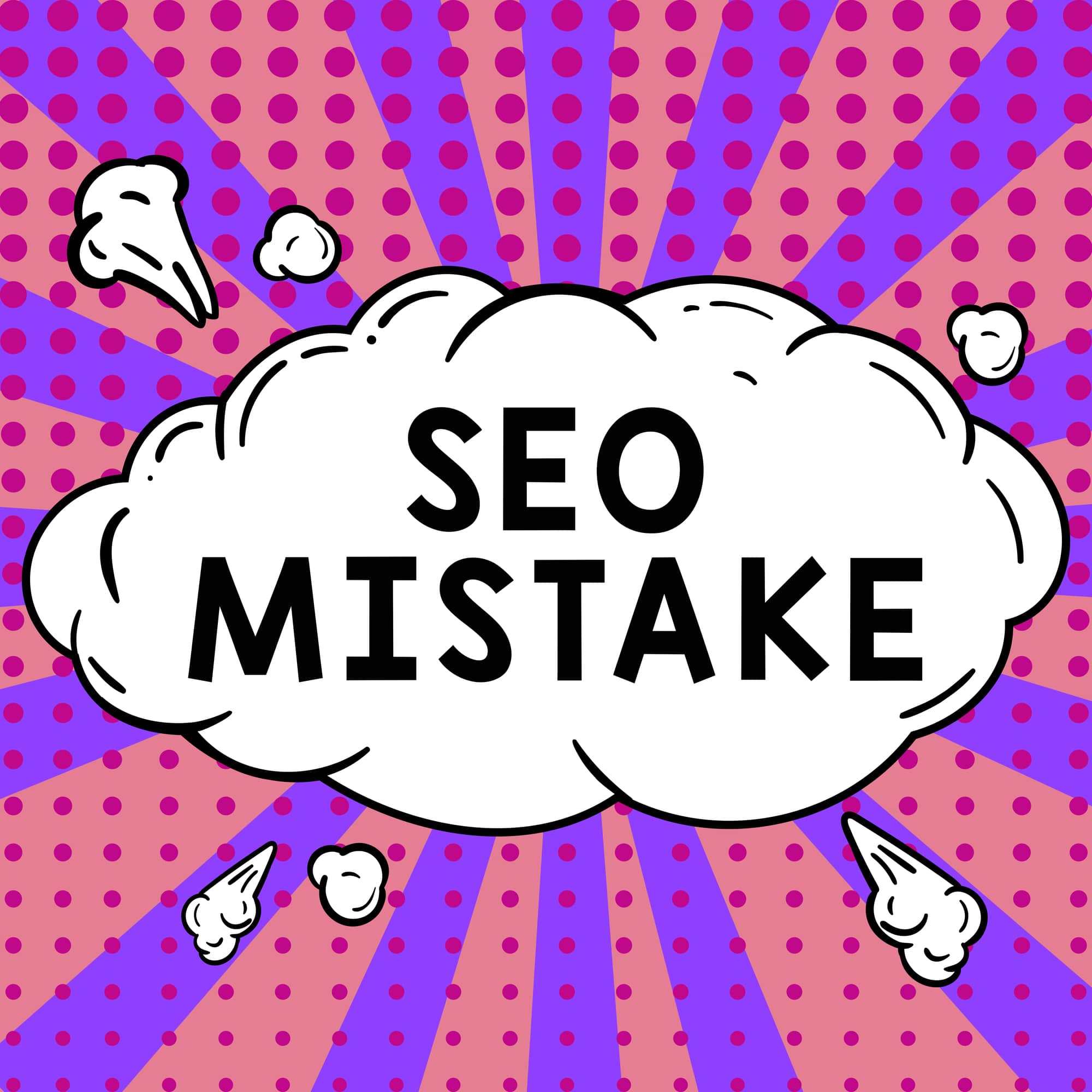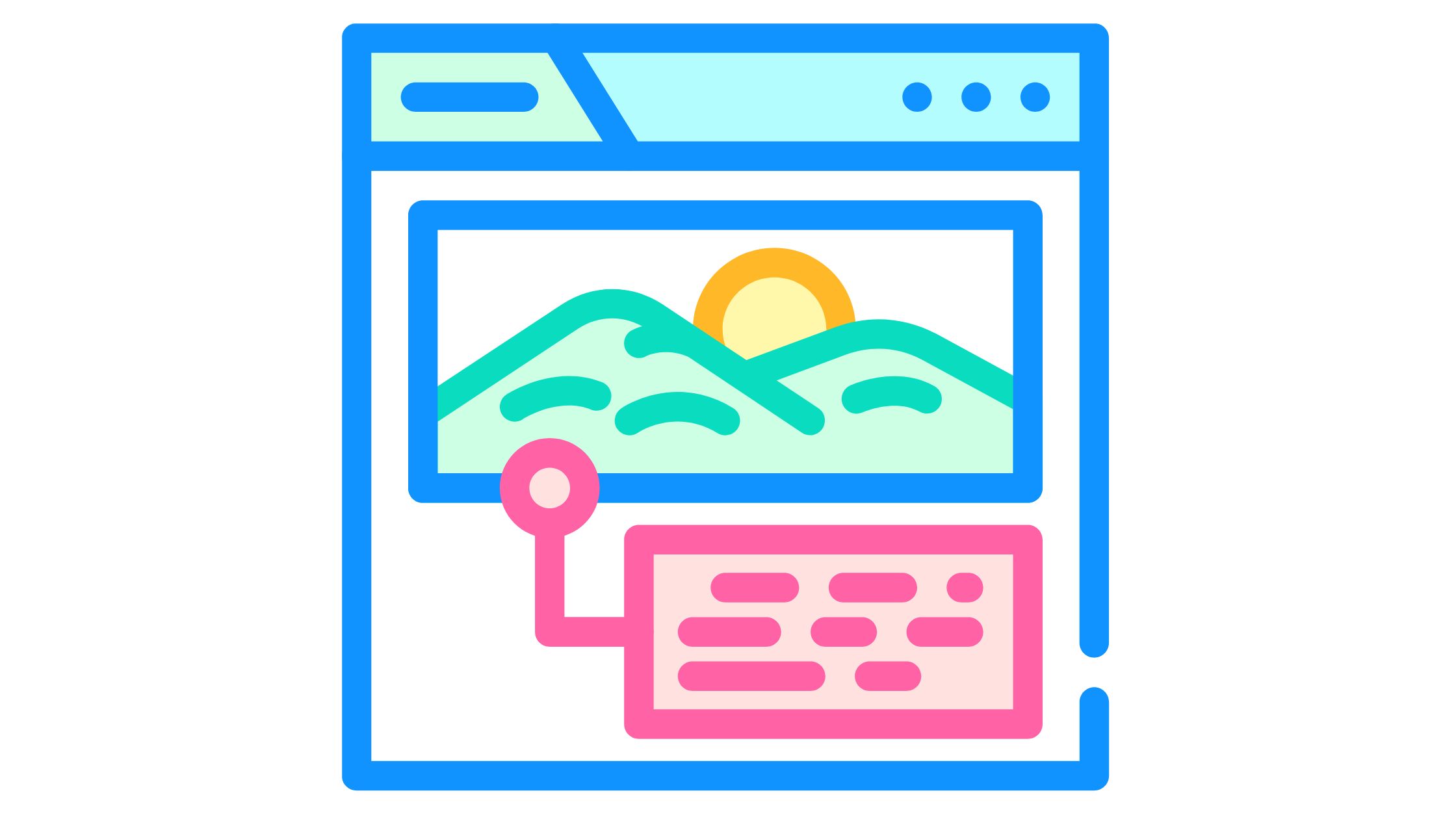 Writing a blog for your business may feel daunting, but it can be an enriching task when done right. If managed correctly, growing an audience with a blog can increase brand recognition, sales, and repeat customers. But at what point do the results come in? How long does it take for a blog to get traffic? This article aims to answer those questions and more. We’ll also include critical tips on ensuring you’re getting the most visibility from your content and maximizing your impact.
Writing a blog for your business may feel daunting, but it can be an enriching task when done right. If managed correctly, growing an audience with a blog can increase brand recognition, sales, and repeat customers. But at what point do the results come in? How long does it take for a blog to get traffic? This article aims to answer those questions and more. We’ll also include critical tips on ensuring you’re getting the most visibility from your content and maximizing your impact.
How Long Does It Take for a Blog to Get Traffic?
Generally speaking, a blog can take up to six months (and often longer) to start gaining traffic and showing other signs of success. And if your website is new, it can take even longer, thanks to what many call the “Google Sandbox.” The exact timeline depends on several factors though, which we’ll discuss more below, but it’s crucial to understand that if you’re using a blog to increase traffic to your company’s website, it’s going to be a long-term investment, and patience is key.
11 Factors That Affect How Long It Takes for a Blog to Get Traffic
Many factors can influence how quickly you get traffic when blogging for your business. Here are 8 of the most important ones:
1. Age of Website
New websites may experience a phenomenon known as the “Google Sandbox” effect, which can delay indexing in search engines and take longer for content to start ranking.
2. Quality of Content
Quality content is king in blogging. If you don’t have great content, no one will want to read your blog or link to your website, and your organic search rankings will suffer.
3. Frequency of Posts
Posting frequently is essential for building a blog’s traffic, as infrequent posts can lead to fewer visits and a less engaged audience. It’s a good idea to come up with a posting schedule where you’ll post valuable content on a regular basis. You can start off with two posts per month and increase it to two posts per week (or more!) as you get the hang of it.
4. SEO
If you’re actively working on your SEO in other areas of your website, you may be able to gain organic traffic and rank for targeted keywords more quickly.
5. Promotional Tactics
Social media, email marketing, paid advertising campaigns, and other promotional tactics can help boost your blog’s visibility and get you in front of a larger audience.
6. Topical Authority
If you write about a niche topic, you can establish yourself as an authority more quickly. For example, if you have a plumbing business, you should begin your blogging journey by focusing on one area of plumbing, like sinks. Then you can expand to other areas of your business, like toilets, showers, etc. On a similar note, if you are a carpenter, you probably won’t rank for a blog post about plumbing.
7. Existing Audience
If your business already has an audience from other channels such as email lists or social media, this can help give your blog traffic a head start.
8. Type of Content
Content that is related to topics of Your Money or Your Life (YMYL), such as finance, health, and legal matters, tend to take longer to rank in search results than other topics. So if you’re a financial advisor, you may find it more difficult to gain traffic initially.
9. Competition
If you’re operating in a highly competitive niche, where numerous businesses and blogs are vying for attention, it may take longer to gain visibility. Just like in a crowded marketplace, standing out in a saturated online environment requires not just quality content, but also a well-executed SEO strategy. Therefore, understanding your competition and their strengths and weaknesses, can help you gradually improve your search engine rankings.
10. Originality
In a time where AI makes it incredibly easy to churn out generic, repetitive content, original and unique blog content stands out because it offers new perspectives, insights, and information that isn’t available elsewhere. It might take longer to produce, but in the long run, the rewards in terms of organic search traffic and audience engagement can far outweigh the initial investment.
11. Your Reputation
Search engines aim to provide users with the most relevant and high-quality content from reliable sources, so a strong, positive reputation can boost your rankings. If your business is recognized as an industry leader or has a substantial number of positive reviews and mentions (links) across the web, it’s likely that your content will rank faster.
7 Strategies For Generating Blog Traffic Quickly
Now that you understand the factors that affect the time it takes for a blog to get traffic, here are some strategies you can use to generate more traffic in a shorter timeframe:
1. Have an SEO Strategy
A good SEO strategy is essential for any blog, as it will help you target the right keywords and get higher rankings in search engine results pages (SERPs). Unfortunately, you can’t just throw a few keywords on each page and expect to rank — it takes time, effort, and research to get the desired results. You can work on SEO yourself, but an SEO agency like periscopeUP can help you form a complete strategy and implement it more quickly.
2. Build Good Links
Link building is one of the essential components of SEO, as it helps increase your website’s visibility and authority in search engine rankings. Creating quality content that other websites want to link to can be a great way to start building links. You can also look into guest blogging, link outreach, and other strategies to increase your link profile.
3. Write Quality Content
As mentioned above, quality content is essential for any blog. Not only will it keep your readers coming back for more, but it can also help you gain visibility in search engine rankings. Ensure you’re creating unique and engaging content that your readers will enjoy and want to share, allowing you to receive quality backlinks and further increase your search engine rankings.
For a successful blog, you need to invest time and effort into creating quality content and optimizing it for search engines. With the right strategies, you can get traffic quickly and maximize your impact. However, you should also remember that blogging is a long-term endeavor — it takes time to build an audience and establish yourself as an authority. Keep working on your blog, and don’t get discouraged if it takes time to see results. With a bit of patience, you’ll be able to achieve your goals.
4. Use AI
While it may seem counterintuitive to criticize the use of AI in content creation (see 10. Originality, above) and then recommend it, it’s all about how you use it. AI can be a powerful tool in your arsenal if used strategically and ethically, helping to expedite your blogging process without compromising originality or quality.
However, when it comes to writing with AI, it’s essential to maintain a balance. You can use AI writing assistants to generate ideas, create outlines, or draft initial versions of your blog posts. But these tools should support your writing process, not replace it. You should always review, edit, and personalize AI content to ensure it aligns with your unique voice, adheres to your standards of content quality, and provides genuine value to your readers.
5. Know Your Audience
Knowing who your readers are, what they’re interested in, their pain points, and the questions they’re asking can guide you in crafting content that provides value to them. You can use tools like Google Analytics, social media insights, or even direct surveys to gather data about your audience’s demographics, interests, and online behavior.
The type of content that speaks directly to your audience’s interests and needs is more likely to be shared, liked, and eventually ranked higher in search results.
6. Create a Routine
Consistency is key when it comes to blogging – it not only helps you build a loyal reader base who know when to expect new content, but some strategists believe search engines favor websites that regularly update their content. Start by determining how often you can realistically create and publish high-quality blog posts. Whether it’s daily, weekly, or bi-weekly, pick a schedule that works for you and stick to it.
Planning your content in advance can make this process easier. Consider creating a content calendar outlining what topics you’ll cover and when you’ll publish them. This will help you stay organized, avoid last-minute scrambles for post ideas, and ensure you’re producing a diverse range of content.
7. Give it Time
Good things often take time. This recommendation might seem misguided when we’re discussing how to get your blog to rank faster, but rushing into updates or changes out of concern for low traffic can sometimes do more harm than good.
Search engines like Google take time to index and rank new content. Making hasty changes to your content before it has had a chance to gain traction can disrupt this process and potentially lower your visibility in search results.
Instead of rushing to update posts that aren’t immediately getting traffic, give them some time to breathe. Use this period to promote your posts on social media, email newsletters, or other channels to increase their visibility. Monitor your analytics to see how your posts are performing over a period of 6-18 months, not just in the immediate aftermath of publishing.
An SEO Agency Can Help You Gain Traffic Faster
periscopeUP is the perfect resource if you’re looking for a way to quickly grow your business’s organic traffic. Our experienced SEOs will help you develop a comprehensive SEO strategy tailored to your needs and goals. We can also help you identify the best target keywords, create high-quality content, build quality backlinks, and more. With the proper support, you’ll be able to get your website the visibility it deserves in no time.
The most important thing to remember is that blogging is a marathon and not a sprint — if you want to use a blog as a way to generate business for your company, you need to be patient and consistent. Put in the effort and keep up with the latest SEO updates, and you’ll be sure to reach your goals.
Contact us today, and we’ll get your SEO plan started right away. Call us at (443) 475-0787 or send an email to info@periscopeup.com.







